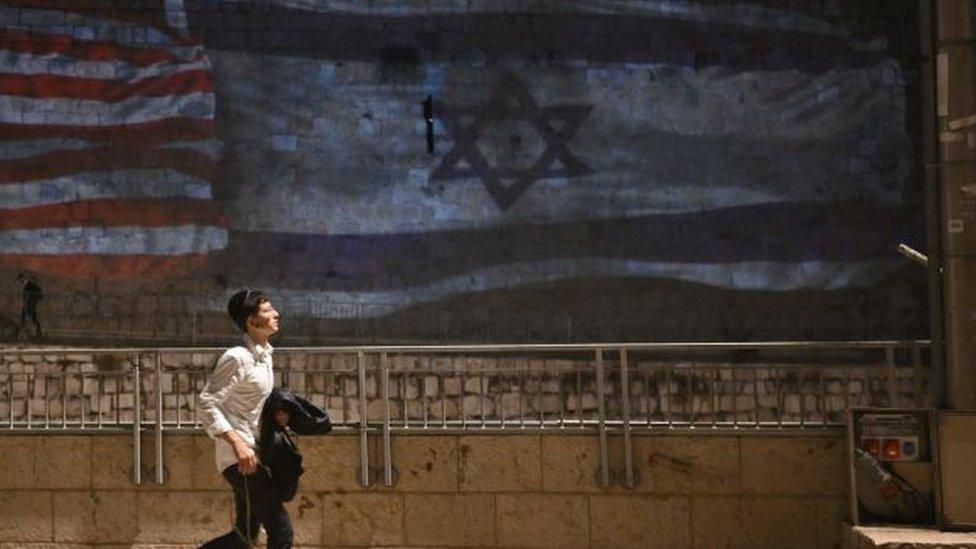Israel-Gaza briefings: How plans for ‘the day after’ could help end war in Gaza
- Published

The Day After might sound like the title of a film or a novel. But for diplomats and policymakers, the phrase has only one meaning and that is what happens 'the day after' the fighting stops in Gaza.
Given the intensity of the conflict and the absence of hope, such thinking might seem surprising, even wishful.
Yet there is an increasing focus on what could and should happen if and when the guns fall silent in Gaza.
EU foreign ministers will discuss exactly this in Brussels on Monday when they hold talks with counterparts from Jordan, Egypt, Qatar, Saudi Arabia and the UAE, along with the secretary-general of the Arab League.
Across the Middle East and among Western countries, conversations are taking place and plans are being drawn up. Many are aware the window of opportunity before the US election in November is closing.
Despite all this, however, there seems little agreement about what should happen and when.
For the three European nations which will formally recognise the state of Palestine this week - Norway, Spain and Ireland - the focus is to revive discussion about a two-state solution, which for years has been little more than a slogan to which politicians pay lip service.
They hope talk of a political "day after" will open a way towards a ceasefire and the release of hostages. "The only pathway to peace is political," said Ireland's Taoiseach Simon Harris.
For British ministers, the focus is how best to support the Palestinian Authority (PA) so it could potentially help govern post-war Gaza. The foreign secretary, Lord Cameron, told the House of Lords this week that he was pushing Israel to stop withholding money from the PA.
Not only is Israel denying the PA tax revenues, far-right Finance Minister Belazel Smotrich is also threatening to cut Palestinian banks off from their Israeli counterparts.
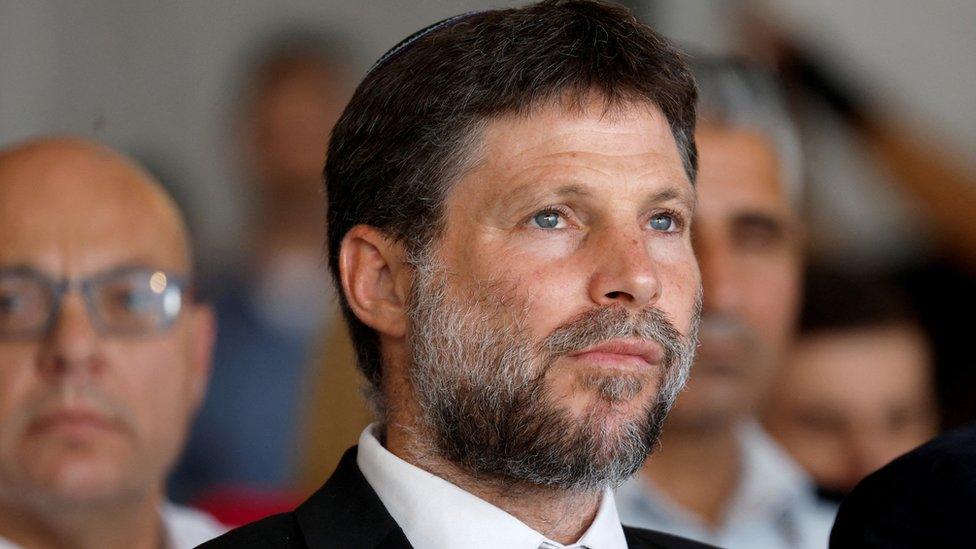
Hardliners like Bezalel Smotrich have shown hostility to the Palestinian Authority
Lord Cameron said he had told the Israeli government: "You may not think the Palestinian Authority is ideal. You may think that it fails in many respects. But you need to find a partner that is not Hamas that you can work with in Gaza and the West Bank, and that partner should be the new technocratic government run by the Palestinian Authority."
UK Treasury officials are understood to be preparing new forms of financial and technical support for the PA.
But there are also some within government who are pushing for the UK to be more explicit about its own thoughts for how a Palestinian state would be created. "You can't support a two-state solution and not talk about recognition," one senior and well-placed source told me.
"What we lack is a timeline. We agree the starting point: stop the war. And we agree on the creation of a Palestinian state. But there's no definition of an irreversible path towards it. We have got to get into that space, otherwise we will be dealing with this for the next 70 years."
Then there are voices from within Israel. Defence Minister Yoav Gallant has issued a passionate denunciation of Benjamin Netanyahu's refusal to set out a post-war plan. "The 'day after Hamas' will only be achieved with Palestinian entities taking control of Gaza, accompanied by international actors, establishing a governing alternative to Hamas rule," he said.
Fellow war cabinet member Benny Gantz has gone a step further, threatening to resign from the government unless Mr Netanyahu agreed a six-point plan by 8 June. That included a demilitarised Gaza and the establishment of a joint US, European, Arab and Palestinian administration.
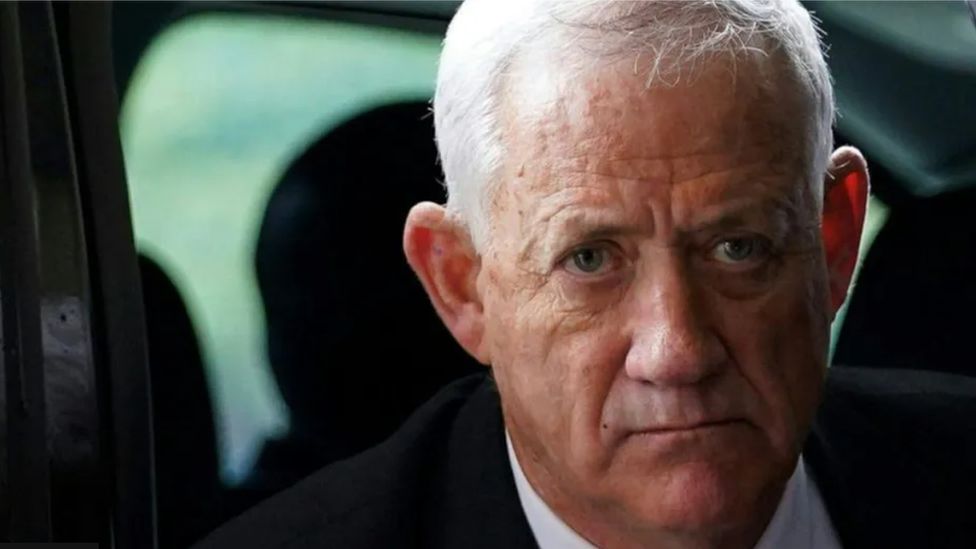
Benny Gantz has laid down a marker for Israeli Prime Minister Benjamin Netanyahu
The focus of these two former generals is more military than political. They fear - and wish to avoid - the Israeli Defense Forces (IDF) running Gaza in the long run, which Mr Gallant said would be a "dangerous course" for which Israel would pay a heavy price in "bloodshed and victims".
The United States shares this view. "It is imperative not only that the conflict in Gaza ends as soon as possible, but that Israel comes forward with a clear plan for how Gaza is going to be governed, secured, redeveloped," Secretary of State Antony Blinken told a Senate committee hearing this week.
Without that, he said, Israel would face unacceptable options: long-term military occupation and insurgency, the return of Hamas, or anarchy and lawlessness. "We believe that Palestinians must be governed by themselves," he said.
The US is also putting pressure on Arab states to agree an international force that could establish security in Gaza in the short term. The US would not put its own troops on the ground but wants countries including Egypt, Jordan, Morocco, Bahrain and the UAE to do so instead. But diplomats say these countries have made clear they would take part only if the West recognised the state of Palestine, there was an agreed pathway to a two-state solution, and they came at the invitation of some kind of Palestinian leadership.
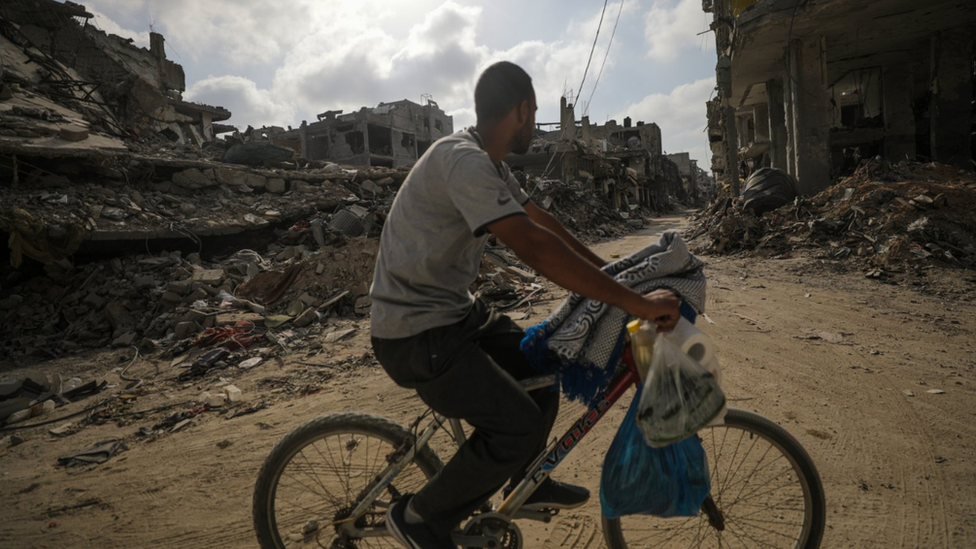
Having the IDF run Gaza in the long term would be a "dangerous course", Israeli Defence Minister Yoav Gallant has said
"'The day after' cannot be separated from the political process, it must be part of a comprehensive package," one Arab diplomat told me. "No-one will put one foot on the ground unless there is a political process."
Some Arab states feel the US has been too focused on trying to secure a deal to normalise diplomatic relations between Israel and Saudi Arabia. They accept this may be key to getting Israel's agreement to a wider political settlement, but suspect it is seen too much as a "silver bullet" by some US officials.
They also think the US needs to think harder about "the day after" for Israel, engaging more closely with moderate voices who could win popular support for a Palestinian-governed Gaza. There is discussion, too, about what role Turkey could play, using its leverage over Hamas to agree some kind of post-war deal.
Ultimately the key obstacle to any agreement is Benjamin Netanyahu. He refuses to discuss it apart from categorically opposing any role for the Palestinian Authority. He fears upsetting hard-right members of his government who favour long-term Israeli occupation. But pressure is rising on the prime minister, and one day he may have to choose.
"The risk is that there is no 'day after'," said one Western diplomat. "Israel could do Rafah, Hamas would still be there, there could be another Rafah. The military campaign could go on for months."

Related topics
- Published19 April 2024
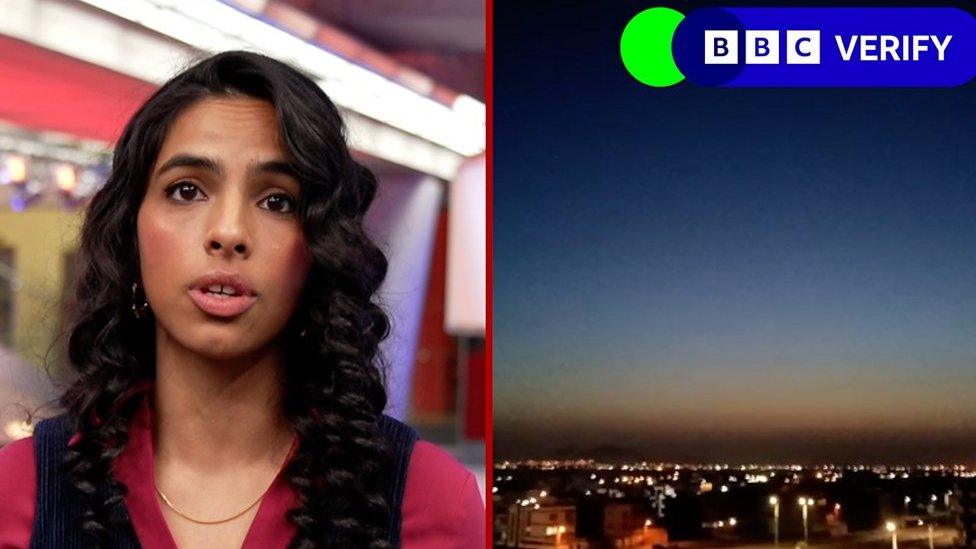
- Published19 April 2024

- Published26 October 2024
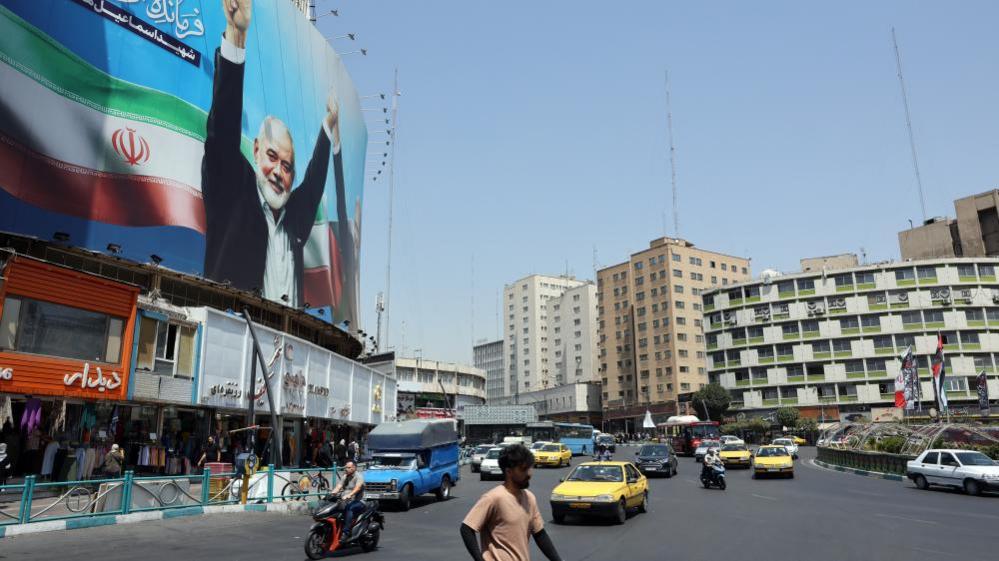
- Published19 April 2024
